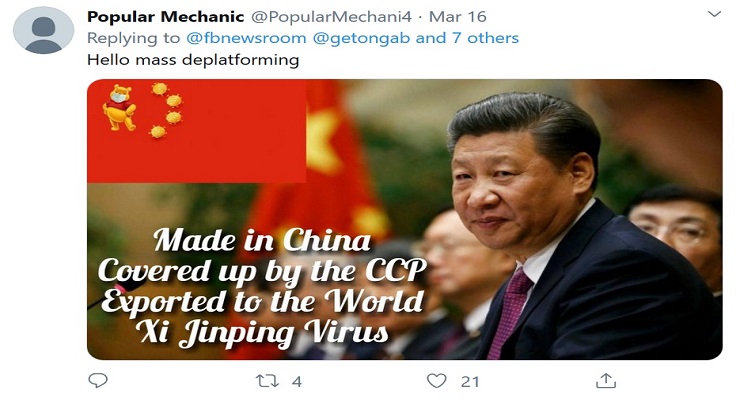
Read the full article here.
The COVID-19 crisis reveals that the world is a competitive arena in which great power rivals like China seek advantage, that the state remains the irreplaceable agent of international power and effective action, that international institutions have limited capacity to transform the behavior and preferences of states, argues Nadia Schadlow, former deputy national-security adviser for strategy…
One of the big questions coming out of the coronavirus crisis will be which model performs better – the U.S. model of open market democracy or the Chinese authoritarian, state-led capitalist model, notes Dr. Matthew Kroenig, deputy director of the Scowcroft Center for Strategy and Security at the Atlantic Council, and the author of The Return of Great Power Rivalry: Democracy versus Autocracy from the Ancient World to the U.S. and China…
While many in the foreign-policy community “put great stock in the ability of multilateral and international organizations to constrain the misbehavior of China and other states” and “tend to view them mainly in their idealized form and as the central instruments to solve global problems and advance values shared by all,” adds the Hudson Institute’s Schadlow, a board member of the National Endowment for Democracy (NED). “In practice, though, how international organizations perform is profoundly influenced by power relationships among member states.” RTWT
Read the full article here.
Leave a Reply